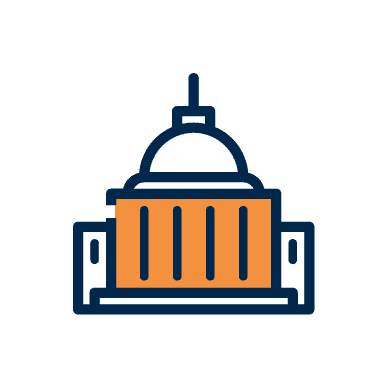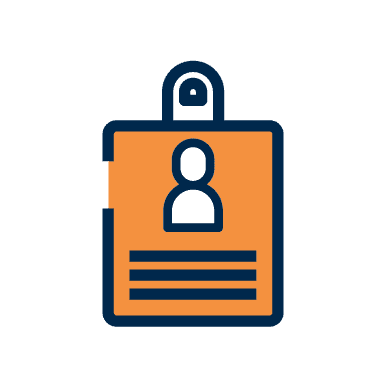
Nurses Most Excluded Position Type Every Year
When reviewing the numbers of LEIE exclusions, it is alarming to see the dramatic difference between nursing and other medical fields:
Nurses are excluded from participating in any Federal Medicare/Medicaid programs more than three times more than any other specialty out there. These figures tell the accurate picture of how endemic fraud and other invalidating acts have become particularly in the nursing field.
What’s even more disturbing is that the figures are only getting worse. In 2014, there were 1482 nurses excluded, but the following year, the number rose to 1765. In 2016, the total declined to 1660 nurses, but that’s still a major increase from 2014, and it is a major discrepancy from other specialties being represented. One must question the underlying causes of this pervasiveness and what the healthcare industry as a whole can do to improve the situation.
Fines…And How Much Damage They’re Doing

Difficulties stemming from exclusions are not limited to the individuals being excluded either. Organizations across the country have paid major penalties and incurred considerable losses because of issues arising from excluded nurses. Just this past year, there were several noteworthy cases that went to court for settlement. The Ditmas Park Rehabilitation Center in Brooklyn, NY reached a $205,089 settlement with OIG at the end of November. This charge was brought against the rehab center for employing a licensed practical nurse who was excluded.
Earlier in November, the Fort Tryon Rehabilitation and Health Care Facility, LLC also settled for a $110,223.36 settlement for employing two excluded individuals: a registered nurse supervisor and a licensed practical nurse.
These are just a few of the cases that have cost the healthcare systems millions of dollars in settlements for employing licensed nursing staff who were excluded from the Federal Healthcare program.
Tips to Help Prevent Fraud from Your Nursing Staff
This massive, widespread exclusion has been the result of an unfortunate rise in unlawful and fraudulent behaviors in the nursing industry. Several factors contribute towards motivating nursing staff to err in this direction, but there is much institutions can do to help prevent fraud from occurring within their establishments.
There are a few suggestions industry analysts have put forth to help prevent fraud from nursing staff including:
- Screen, train, and supervise properly. Many institutions leave the staffing choices to chance or low-level employment. Screen employees properly before hiring, give them sufficient training to do their work properly, and have efficient supervision so no one falls to temptation in a moment of weakness.
- Have adequate nursing staff on hand. Occupational stress leads to inferior quality care according to a recent study. In fact, high levels of job-related stress are directly proportionate to higher levels of deterioration of the staff’s physical and mental well-being, and this in turn affects the care they administer. It will also push nurses towards unlawful activities due to stress and lack of physical and mental health.
- In the same vein, enforce strict harassment policies to protect the victims of work-related harassment. Abuse of any sort can weaken a person’s resolve, and harassment can push nurses to break the law as a subconscious defense mechanism or as a form of retaliation on the offending party.
- Incorporate strong data security. This can prevent data breaches which can lead to tax fraud and others types of abuse of patient records. Install a CCTV system, use strong passwords, and utilize the exclusion system as incentive to keep nurses on the straight path.
- Employ strict first offense consequences. Getting away with a small misdemeanor can be incentive or even motivation to escalate misdeeds. Show staff that even relatively “insignificant” infringements will not be tolerated.
- Make sure to screen all databases before hiring. It’s not enough to just screen the LEIE because of inaccuracies and insufficient information. Combing through the various databases can be cumbersome, so most institutions take advantage of services like these to get the tedious and time-consuming task done quickly, efficiently, and thoroughly.


































